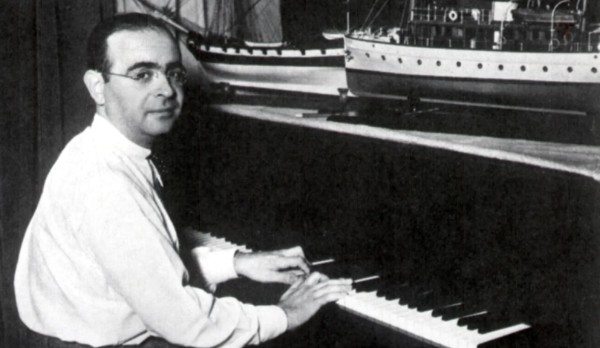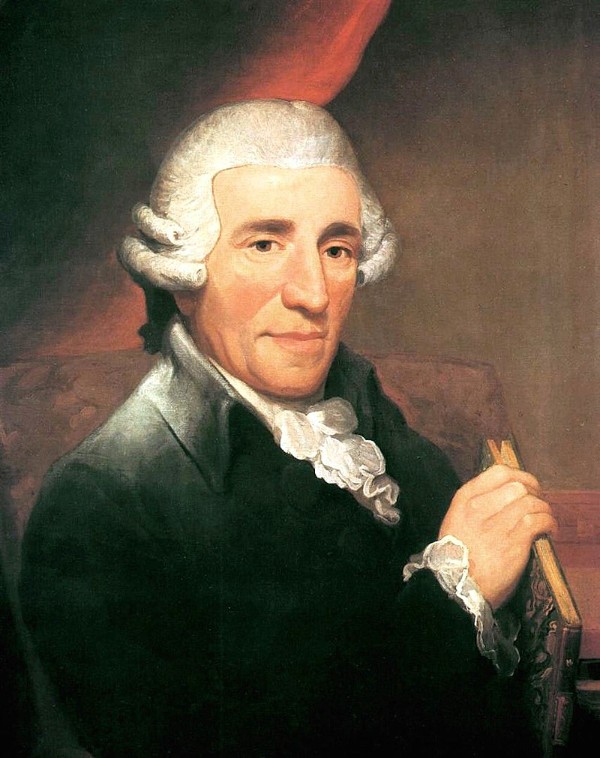Walevska Cellist Extraordinary film of her life as a young cellist
Two cellists you may not know were widely admired in the Twentieth Century. Christine Walevska (B 1945) had a scintillating tone with a gorgeous vibrato and was thought of by Josef Suk, Dvořák’s great-grandson, as the greatest interpreter of Dvořák cello concerto.
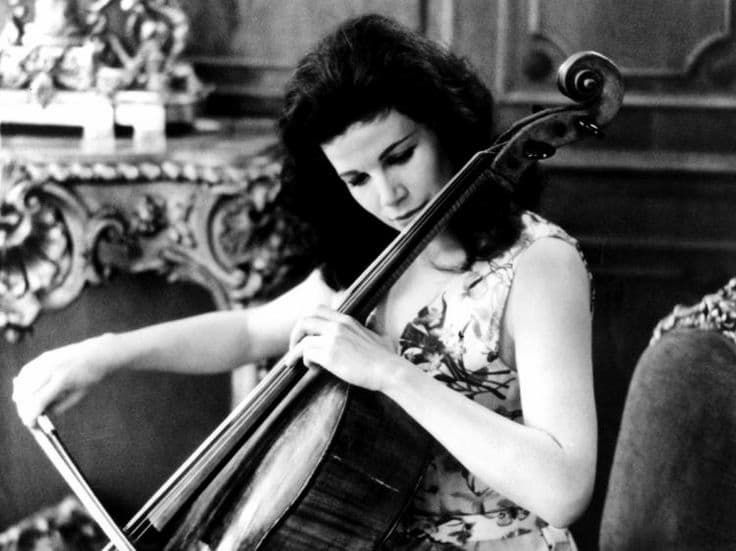
Christine Walevska
One of her mentors was Ennio Bolognini (1893-1979), recognized as a musical virtuoso by world-renowned cellists Feuermann, Piatigorsky, and Casals. One day, when these three were together, Feuermann said, “Pablo. It is not you, nor Grisha, nor myself who is the greatest cellist in the world. It is Ennio Bolognini.”
Schumann Concerto
Bolognini defied categorization. A guitarist, composer, conductor, champion boxer (he came to the U.S. to be the sparring partner of Luis Firpo in preparation for a prize fight with Jack Dempsey), stunt pilot (he trained cadets to fly B-29 bombers in World War II), marksman, and cellist, Bolognini was born in Buenos Aires, Argentina in 1893 to a musical family. He began his studies with his father and then with Jose Garcia, Pablos Casals’ teacher. Bolognini had the opportunity to play with both Saint-Saëns and Richard Strauss, and his own compositions for the cello reflect his wonderful cello playing and amazing ability as a guitarist. Bolognini’s Serenata del Eco and Serenata del Gaucho include flamenco-like pizzicato embellishments. Listen to this historic and rare recording of Bolognini playing one of his works that bursts with these flourishes.
Bolognini plays his Fiesta Basca
Bolognini was a charismatic figure who spoke multiple languages, was a ladies’ man, had a notorious temper, and vehemently disliked recordings. He was the principal cello of the Chicago Symphony for one season. His debut as a soloist with the Chicago Symphony took place on November 1, 1929, in Lalo’s Cello Concerto. Chicago Tribune writer Claudia Cassidy said of Bolognini, “[His tone is] so alive in magnetism, so rich in color, so pure in intonation, and so patrician in line…it is always heard with a fresh shock of pleasure…”
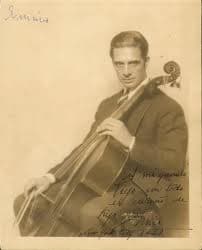
Ennio Bolognini
Apparently, the composer Alexander Glazunov, who toured the United States, came to conduct the CSO, and Bolognini acted as the interpreter. Before the performance, Glazunov, struck with stage fright, headed to Ennio to speak to him before stepping up onto the podium. The musicians grumbled about Ennio monopolizing the performance. Incensed at this accusation, Ennio resigned in 1930. He conducted at Grant Park and later founded the Las Vegas Philharmonic Orchestra (not to be confused with the orchestra today.) There’s also a story that he was fired by the Ravinia Festival after a heated argument with the director. In revenge, Bolognini flew his plane low over the pavilion to drown out the sound of the concert that evening.
Unusually enough, he had musical personalities autograph his cello in pen, fifty-one of them, including violinists Fritz Kreisler, Jascha Heifetz, Isaac Stern, and Joseph Szigeti, cellist Janos Starker, conductor Eugene Ormandy, personalities Liberace and Ed Sullivan, boxer Joseph Dempsey, and others. I couldn’t help wondering where on the cello they scribbled. Here is a photo of the signatures that adorn the top for all to see at the Smithsonian Institute in Washington, D. C. His memorabilia and music collection are now held at the Martha Blakeney Hodges Special Cello Collections, at the University of North Carolina, Greensboro.
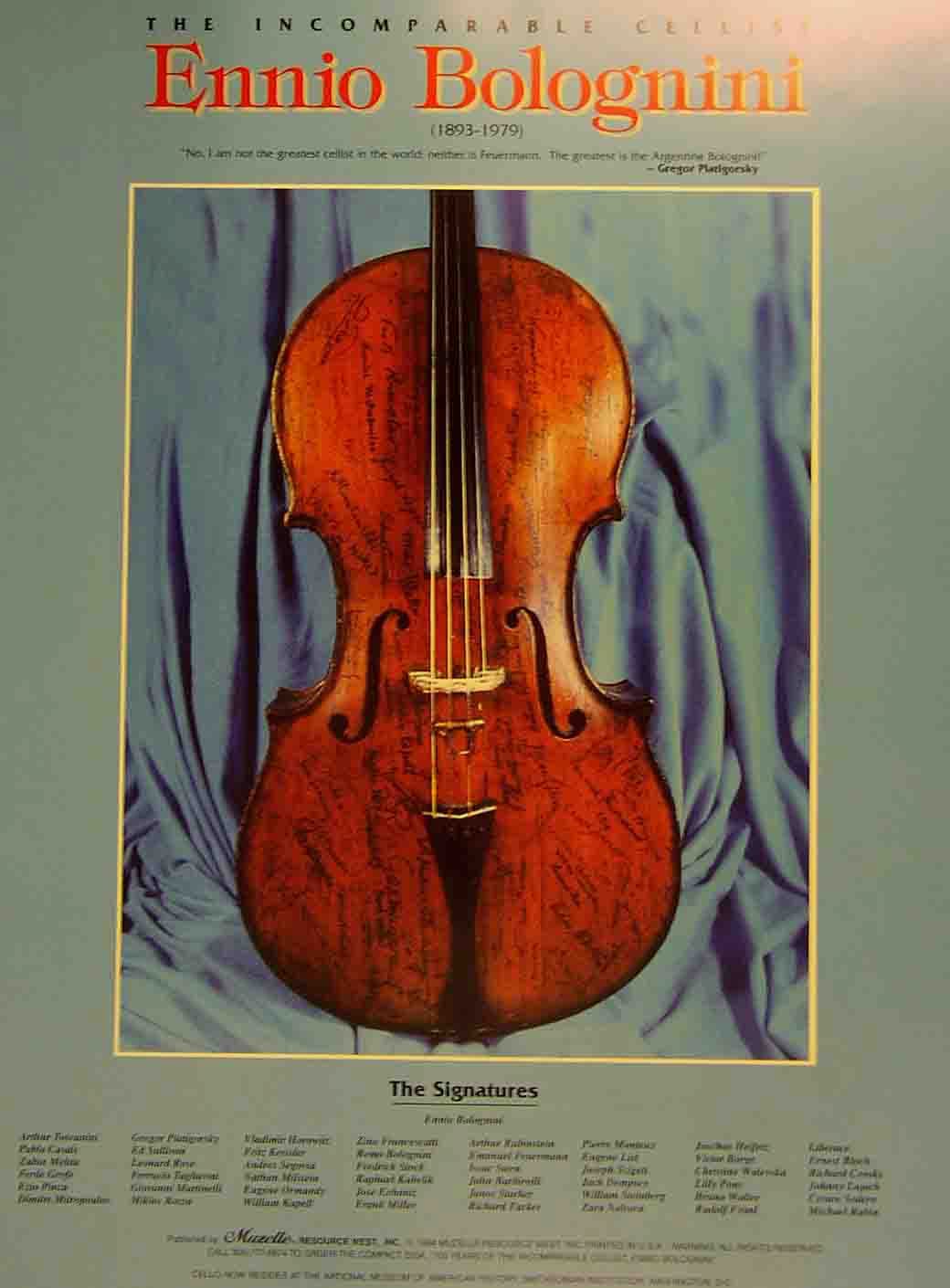
Cello of Ennio Bolognini
Bolognini mentored Walevska. Named The Goddess of the Cello, she was born in 1945 and grew up in Los Angeles. Her father Herman Walecki, a well-known dealer of rare and fine instruments, was her first teacher. But soon enough, he realized that his daughter ought to study with the best teachers—first, the great cellist Piatigorsky, and later, at the age of sixteen, after winning a scholarship to study in Paris, Maurice Marechal. In short order, she won first prize in chamber music and cello from the Paris Conservatoire and began to concertize as a soloist with international acclaim. Her career spans more than five decades, with countless performances all over the world. Several composers wrote music for Walevska, including Khachaturian and Bolognini, who dedicated six works to her.
Astor Piazzolla: Adiós Nonino (arr. J. Bragato for cello and piano) (Christine Walevska, cello; Akimi Fukuhara, piano)
Ennio Bolognini: Serenata del Eco (Christine Walevska, cello)
Ennio Bolognini: Serenata del gaucho (Christine Walevska, cello)
I first became enamored of her playing when I heard her recording of the Cello Concerto in D by Joseph Haydn. I hope you’ll agree it is truly elegant playing. Many cellists play the last movement at quite a clip. Walevska maintains exquisite grace and stateliness with her more moderate tempo and she also takes a much more moderate tempo in the C major Concerto than what we hear today as well. She recorded both Haydn Concertos in 1972 with the English Chamber Orchestra. Her poignant recording of Bruch’s Kol Nidre and her Schumann Concerto and Khachaturian Concertos with Eliahu Inbal and the Monte Carlo Opera Orchestra recorded in 1970 are, in my view, gorgeous.
Franz Joseph Haydn: Cello Concerto No. 2 in D Major, Hob. VIIb:2 (Christine Walevska, cello; English Chamber Orchestra; Edo de Waart, cond.)
Aram Il’yich Khachaturian: Cello Concerto in E Minor – I. Allegro moderato (Christine Walevska, cello; Monte-Carlo National Opera Orchestra; Eliahu Inbal, cond.)
As the protégé and great proponent of Bolognini’s music, Walevska has performed and recorded his music since she was a young woman. She absorbed Bolognini’s dazzling pizzicato techniques, which began both Serenata works. Bolognini was omnipresent in her life, and she took on the unofficial ambassadorship of Bolognini’s music and that of Latin-American music.
Walevska on Bolognini interview: The Voices of Latin American Cello
In her prime at a time when women cellists were more anonymous and perhaps overshadowed by the many wonderful cellists who were prominent in the latter part of the twentieth century, including Piatigorsky, Casals, Feuermann, Starker, Rostropovich, Fournier, Tortelier, Maisky, and of course Zara Nelsova and Jacqueline du Pré, I hope now in hindsight present-day young cellists will harken back to these two legendary cellists.
For more of the best in classical music, sign up for our E-Newsletter
UNC Greensboro collection on Bolognini
Bolognini sketch and story in his voice with effects all on the cello.

